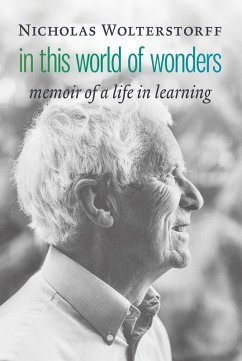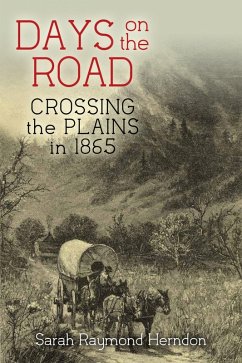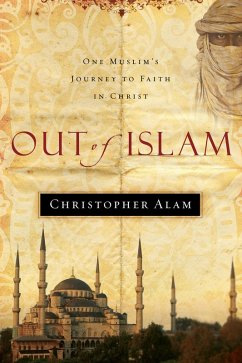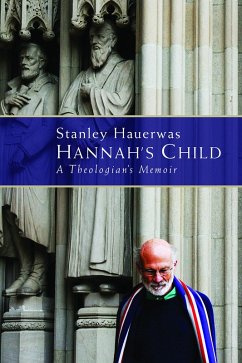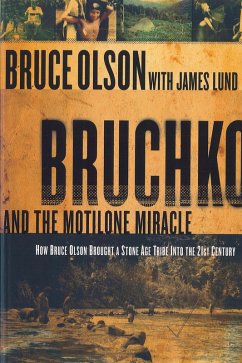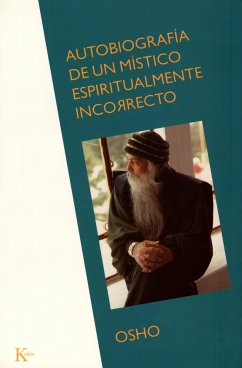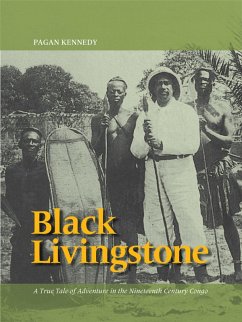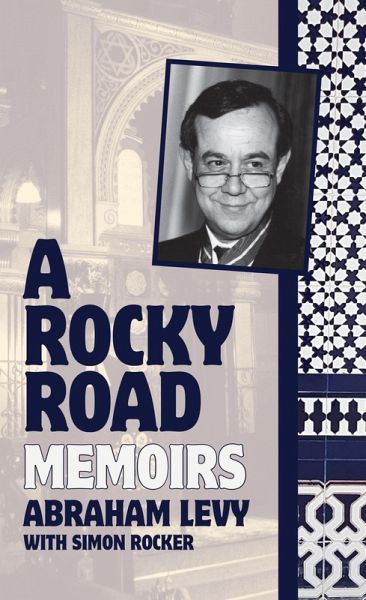
A Rocky Road (eBook, ePUB)
Memoirs
Versandkostenfrei!
Sofort per Download lieferbar
15,00 €
inkl. MwSt.
Weitere Ausgaben:

PAYBACK Punkte
0 °P sammeln!
Born into the 300-year-old Jewish community in Gibraltar, Abraham Levy spent his early years, which coincided with the Second World War, on the island of Madeira before returning to "The Rock". There the family remained secure within a relatively observant community. By the age of eight he was attending synagogue for shacharit, or morning prayer, before school and became known as "the religious boy". He was determined to be a rabbi. Abraham Levy first went to a convent school, then a Jewish school, followed by a year with the Christian Brothers, before arriving at Carmel College in England. Fr...
Born into the 300-year-old Jewish community in Gibraltar, Abraham Levy spent his early years, which coincided with the Second World War, on the island of Madeira before returning to "The Rock". There the family remained secure within a relatively observant community. By the age of eight he was attending synagogue for shacharit, or morning prayer, before school and became known as "the religious boy". He was determined to be a rabbi. Abraham Levy first went to a convent school, then a Jewish school, followed by a year with the Christian Brothers, before arriving at Carmel College in England. From the age of thirteen he spent some school holidays in Maida Vale and began to attend Lauderdale Road Synagogue. He went on to study for the rabbinate at Jews' College and, after receiving his Rabbinical Diploma, Lauderdale Road was to be the base for his work for almost sixty years. Over those many years, Abraham Levy, as Spiritual Head of the Sephardim in the United Kingdom, has had enormous influence on Jewish life. His deep sense of moderation, tolerance and reason have been consistent throughout his tenure and have brought him into contact both with leaders of different faiths and of the secular world alike. None the less, he has always held the view that each individual in the community is important and, to ensure a future for that community, the young have been central to his energies. He has been responsible for the expansion of a small but prominent Sephardi community in the UK and, crucially, the establishment of the Naima Jewish Preparatory School in London. Abraham Levy's deep faith and rare personal qualities were to bring about a remarkable gathering of leaders of the different sections of Anglo-Jewry: the ultra-Orthodox, Orthodox and Progressive movements attended a service to mark 350 years since the readmission of Jews to the UK. The Prime Minister, Tony Blair, also attended and said: "... As the oldest minority faith community in this country, you show how identity through faith can be combined with a deep loyalty for our nation." But for Rabbi Levy the words that moved him most came from four children from the Naima JPS each of whom read a poem they had composed for the day. Abraham Levy's memoir is a testimony to a devotion to public life, to the community, and to the young in an increasingly secular and conflicted world.
Dieser Download kann aus rechtlichen Gründen nur mit Rechnungsadresse in A, B, BG, CY, CZ, D, DK, EW, E, FIN, F, GR, H, IRL, I, LT, L, LR, M, NL, PL, P, R, S, SLO, SK ausgeliefert werden.




